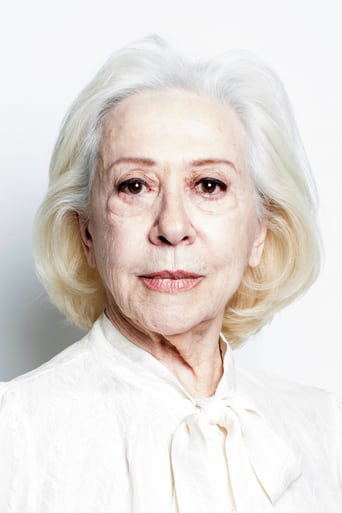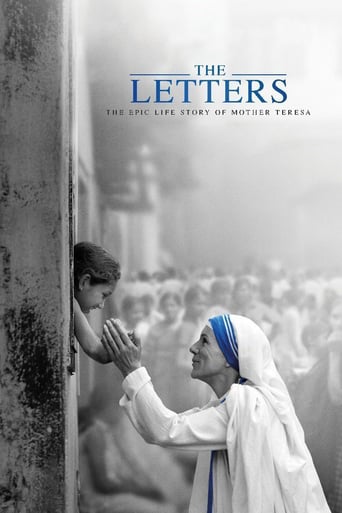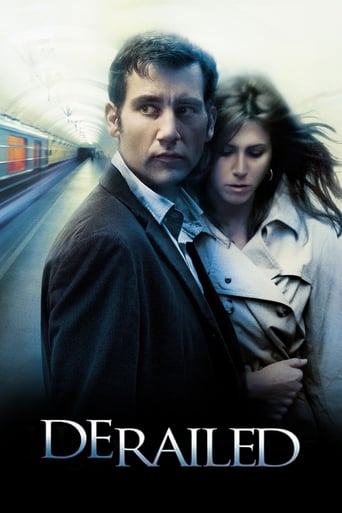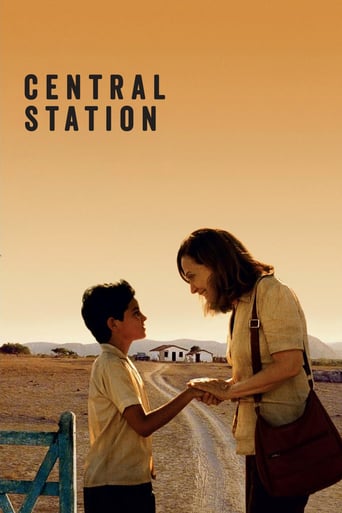
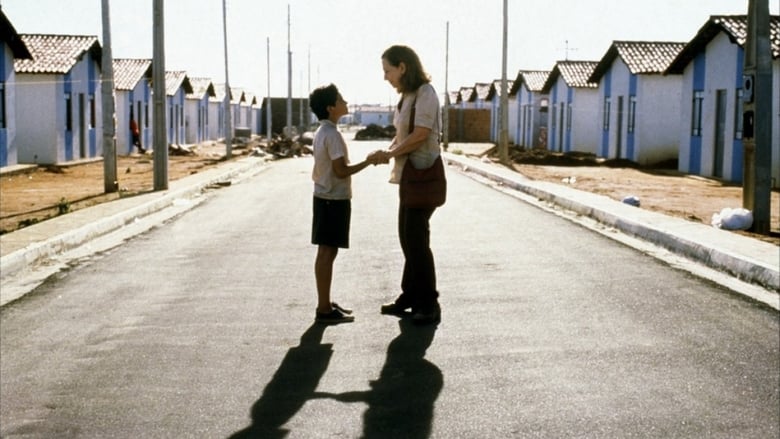
Central Station (1998)
An emotive journey of a former school teacher, who writes letters for illiterate people, and a young boy, whose mother has just died, as they search for the father he never knew.
Watch Trailer
Cast
Similar titles
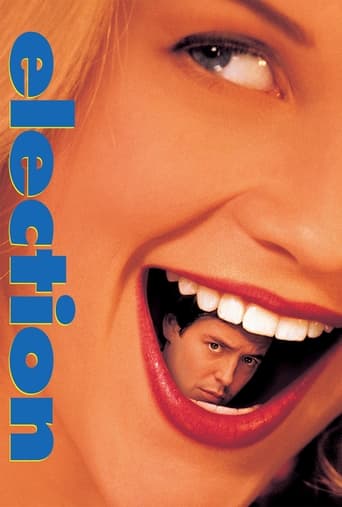
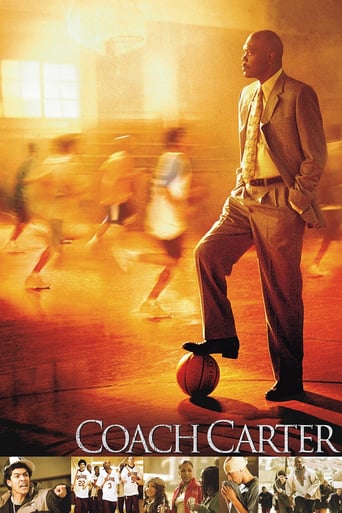

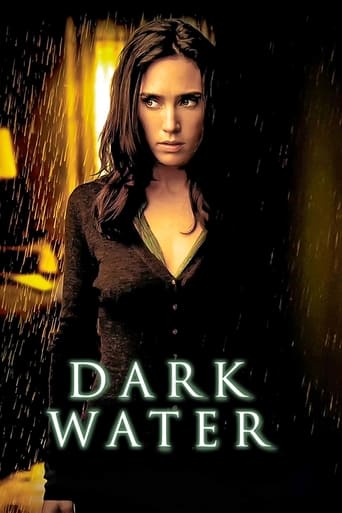
Reviews
That was an excellent one.
Story: It's very simple but honestly that is fine.
It’s not bad or unwatchable but despite the amplitude of the spectacle, the end result is underwhelming.
The film never slows down or bores, plunging from one harrowing sequence to the next.
After a decade, I return to this unique experience, the best Brazilian film I've ever seen. Now, as a more mature spectator, the script came to me like a thump, talking about journeys, learning and things that, even though they are the most unforgettable, have to be left behind. "Central Station" is for the world!
Central Station is a road movie set in Rio where it is a dog eat dog society if you are poor. Dora a retired teacher works in a train station concourse where she writes letters for illiterates and usually does not post them even though she has been paid for this service.Josue is a young boy who has been orphaned since his mother was hit by a bus. He is a wise kid sensing Dora was scamming her mother who paid her to write letters to his father far away.Dora reluctantly takes him in but she has no altruistic reasons for this. She sells him to an adoption agency and uses the money to buy herself a new television set. Her friend tells her that the kids are not adopted, their organs are used for transplants.Maybe it is guilt, she takes him back and they go looking for his father with the little money they have. Dora is still reluctant, along the way she tries to leave him once more but something inside her makes her stick with him.They get to Josue's father's town but things get more complicated which includes meeting half siblings. The film is more about Dora, a selfish woman wrapped up in her world, trying to get by whilst making a buck. The journey stirs her own memories with her father. She realises at the end that Josue needs to be with his family and uses her writing skills to good effect this time.
it is amazing the ability of director Water Salles to play at the heartstrings with such painful eloquence; fluid in a sense that the ubiquitous issues explored within the context of the film "Central Do Brazil" or "Central Station" were secondary to the road trip of two lives intersecting at a train station; a place where people come and go on their own subjective way.to be honest I couldn't tell if Walter Salles view on religion were pro or con; even after the continues repetition of religious symbols. At first it appeared to be in the positive based on the premise that images of piousness, self-sacrifice, or charity were themes played throughout the film in association with religion. It appeared that Salles was making a connection that man is on a quest for enlightenment through the interconnectedness of different modes of transportation that bring humanity as one; be it a pilgrimage of Christians; or two unlikely partners on a bus, train or truck, in search of unanswered questions. The recurrent images seemed to try to make a link of these two examples.dora seemed to be the only heathen in this quest, which in retrospect seems to be Salles possible speaker for the truth. From spectator feelings of ambivalence to hatred, and coming full circle to being the hero of the story, we see acts of courage in Dora's transformation from the poster boy of everything ugly in Brazil, to the embodiment of true altruism. She is the "clarity" in a convoluted Brazil - or humanity - who is left on its own without the so-called benefits and safety of civil society or an absolute dogma.in Central Station, we are like flocks of migrating birds together for safety from an indeterminate existence; in search of intangibles be it love, god, or an answer for mass suffering. It is not mans fault that he is drawn to mysticism to heal the wounds of poverty but it is the fault of society and the unequal distribution of wealth that leaves the majority scraping for leftovers.
Walter Salles' gleamingly beautiful film CENTRAL STATION is one of those films that most people who appreciate the art of cinema will place in their personal library. Not only is the story raw and touching but it is graced by the magnificence of actress Fernanda Montenegro who continues to be Brazil's finest actress both on stage and on film. The story is a bit disturbing at first: Doña Dora is an elderly educated woman, with a history of turning to grifting for life support, sit in the Central Station and makes her money by writing letters dictated to her by the illiterate people who line up for her services - but Doña Dora often trashes the letters after collecting her fee. Into her life enters Josue (Vinicius de Oliveira), a young kid who witnessed the death of his other and is searching for his father. Josue is world wise and sees Doña Dora for what she is - a con artist. But the old lade takes Josue home on the superficial disguise that she will help him only to later sell him to the illegal adoption racketeers for money. After being paid for her sale, her friend Irene (Marilia Pera) informs her of what likely will be Josue's fate and knowing that she cannot right her wrong without returning the trafficker's fee, she escapes her home, taking Josue on the road to find his father. The 'road trip' results in a mutual respect and love between the two - Doña Dora softens, having made a kind change in her life, and Josue gains the feeling of love for the mother he has lost. Walter Salles understands emotion, when to allow the tragedies to emerge and subside and also how to credibly introduce the change of philosophy of his actors. The cinematography by Walter Carvalho captures both the claustrophobia of Rio de Janeiro as well as the desolation of the raw uninhabited lands outside the city where the strange couple go. But the real reason for the success of this film is the multifaceted sensitive portrayal of Doña Dora by Fernanda Montenegro - a performance that has and will continue to make film history. Grady Harp
